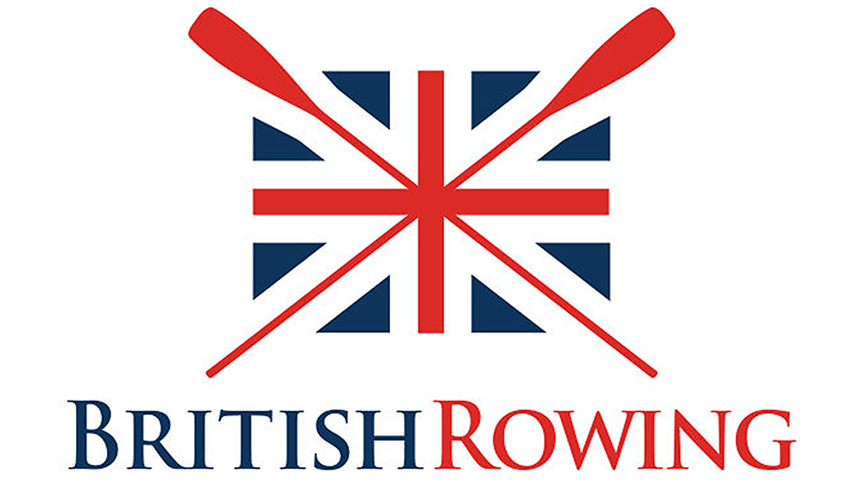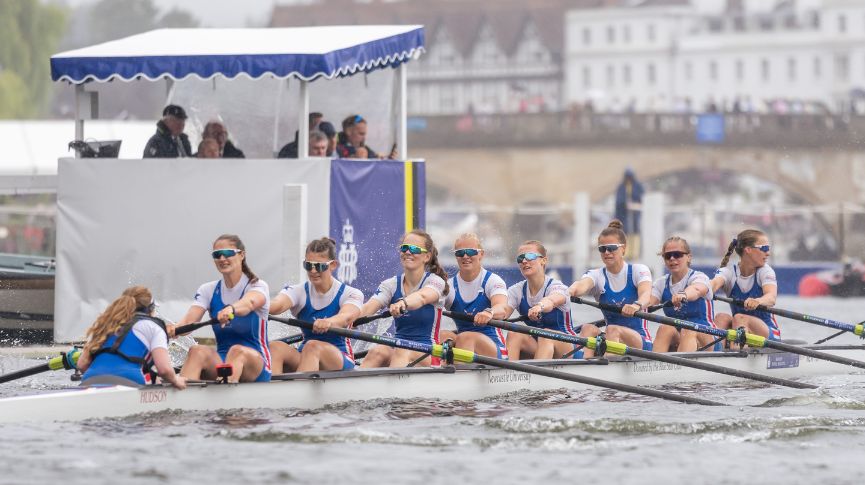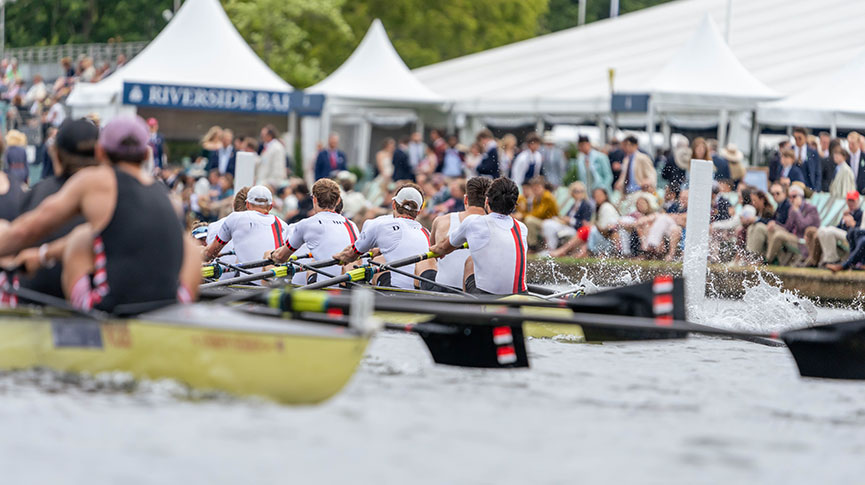British Rowing announces revised Trans and Non-Binary Inclusion Competition Policy and Procedures
This is an update to the 2016 Transgender and Transsexual Policy and is based on the latest published research and significant consultation across the sports sector

British Rowing today announces updates made to the 2016 Transgender and Transsexual Policy. A Trans and Non-Binary Inclusion Competition Policy and Procedures (2022) has been released along with new guidance to help the rowing community at the grassroots. These documents can be found on the British Rowing Policies and Guidance page in the Diversity and Inclusion section.
The Trans and Non-Binary Inclusion Competition Policy and Procedures (2022) is a revision of the British Rowing Transgender and Transsexual Policy (2016), which was found by British Rowing to be outdated and not fit for purpose. Following extensive consultation with stakeholder organisations, and taking into account more recent guidance provided by the UK Sports Councils’ Equality Group’s Guidance for Transgender Inclusion in Domestic Sport (September 2021), the revised policy and procedures provides clarity on the process for determining eligibility to compete in a category that does not match a trans or non-binary competitor’s birth sex.
The eligibility requirements of World Rowing, our international federation, have been considered in the context of our decisions, and it is fair and proportionate to ensure alignment with their requirements.
In recognition that this is a fast-developing area in sport, in which new information is being provided all the time, British Rowing is committed to the regular review of this policy and its procedures to ensure that our approach is consistent with latest guidance, information, or studies. The Trans and Non-Binary Inclusion Competition Policy and Procedures (2022) and associated guidance will be reviewed within 12 months.
We are also committed to maintaining close communication with World Rowing and sharing our feedback and findings with them.
We encourage and welcome any feedback to support the ongoing improvement of the policy and its procedures and feedback can be shared via this dedicated Feedback Form.
British Rowing promotes a zero-tolerance approach to all forms of discrimination including transphobia. Transphobia includes discriminatory language or behaviour directed towards anyone who comes under the umbrella term of transgender. Additionally, it may be directed towards a trans person’s friend or supporter, or anyone who may be perceived to be a trans person (whether they are trans or not).
British Rowing and its affiliated clubs and competitions will ensure that any unacceptable behaviour and language is tackled effectively and appropriately and that sanctions and/or training are implemented to ensure compliance with this policy and the creation of a safe, inclusive, and welcoming environment for trans people.
British Rowing encourages the reporting of all instances of transphobia or discrimination based on an individual’s gender identity by referring to our webpage Reporting a Concern.
FAQs
How many trans or non-binary people take part in rowing?
British Rowing’s 2021 Diversity and Inclusion Research showed 1.2% of survey applicants considered themselves to be under the umbrella of ‘trans’.
To date British Rowing only have had a small number of enquiries or requests from trans or non-binary people regarding competition eligibility, approx. 1-2 a year.
What is the balance between fairness and inclusion?
There is no perfect solution to balancing fairness and inclusion. The UK Sports Councils’ Equality Group’s Guidance for Transgender Inclusion in Domestic Sport (September 2021) determined testosterone levels alone do not guarantee fairness, but it also accepts that in many instances it is the best measure available. There are a number of variables that lend themselves to a competitor’s success in rowing: technical ability, athleticism, fitness, knowledge and the experience and confidence to apply these areas. This could suggest that exposure to greater levels of testosterone prior to testosterone suppression through hormone treatment may not necessarily be the decisive factor as to whether a trans person will be more successful in rowing competition.
It is widely encouraged by Sport England, UK Sport and the International Olympic Committee (IOC) that sports governing bodies should provide opportunities for trans people to take part in sport as a result of societal shifts towards inclusion. However, at the same time, as the National Governing Body of rowing, we are responsible for ensuring fair and meaningful competition.
Women’s and Open Categories – do we need an eligibility process if trans women can compete in the Open category?
World Rowing allows for trans women to compete in the women’s category providing they meet the World Rowing eligibility requirements. We believe it is important that British Rowing’s eligibility requirements are aligned with, and not more restrictive, than those of World Rowing.
There will be occasions when a trans woman or non-binary rower cannot meet the eligibility requirements, however the opportunity to compete will still be available to them through the Open category.
The landscape is continually evolving – what will British Rowing do to ensure they are still in line with other sports?
For the assurance of all those who are impacted by our policy, we are committed to continual review of this policy at least every 12 months and as additional information becomes known and should World Rowing amend their eligibility requirements. Whilst other sports are reviewing their own sport-specific policies, we maintain the view that our own policy should be aligned with that provided by World Rowing.
The new policy and its procedures are founded on the following principles:
Principle 1
Trans and non-binary individuals who wish to participate in rowing without competing should be supported and able to self-identify without any restriction. A guidance document has been put together to support individuals and clubs with inclusive practice.
Principle 2
The policy has no eligibility requirements for trans men and non-binary individuals wishing to compete in the Open category, and they will be able to compete without restriction.
Principle 3
Applications from trans women and non-binary people assigned male at birth, aged 16 and over, who intend to compete in the Women’s category will be considered by an Expert Panel established by British Rowing, consisting of medical experts and a legal representative.
Domestic Competition: The eligibility requirements for trans women or non-binary competitors assigned male at birth to compete in the women’s category, and who are not intending to represent their home country or compete internationally (i.e. trial or join a British Rowing funded performance programme), will require: a blood hormone test to demonstrate hormone levels of less than 5nmol/l; confirmation their treatment commenced at least 12 months prior to application; and, commitment to test results and such other medical information as the Expert Panel may request. They may be subject to spot checks. Alternatively, they may be able to confirm and provide evidence satisfactory to the Expert Panel that they have undergone gender reassignment surgery and are not producing testosterone.
Performance Pathway / International Competition: For trans women or non-binary competitors assigned male at birth who intend to compete in the women’s category, and represent their home country or compete internationally (i.e. trial or join a British Rowing funded performance programme) the eligibility requirements are those of World Rowing’s eligibility requirements as set out in World Rowing’s Bye-Laws concerning eligibility by gender for men’s and women’s events.
Principle 4
The Procedures will include an appeals process for a trans or non-binary individual to appeal the Expert Panel’s decision.
Principle 5
A Junior rower under the age of 16 intending to compete as a Junior Woman may be considered and approved by the Expert Panel on application without supporting medical evidence. This will be reviewed on a case-by-case basis and following determination that the trans or non-binary junior has not started puberty.







